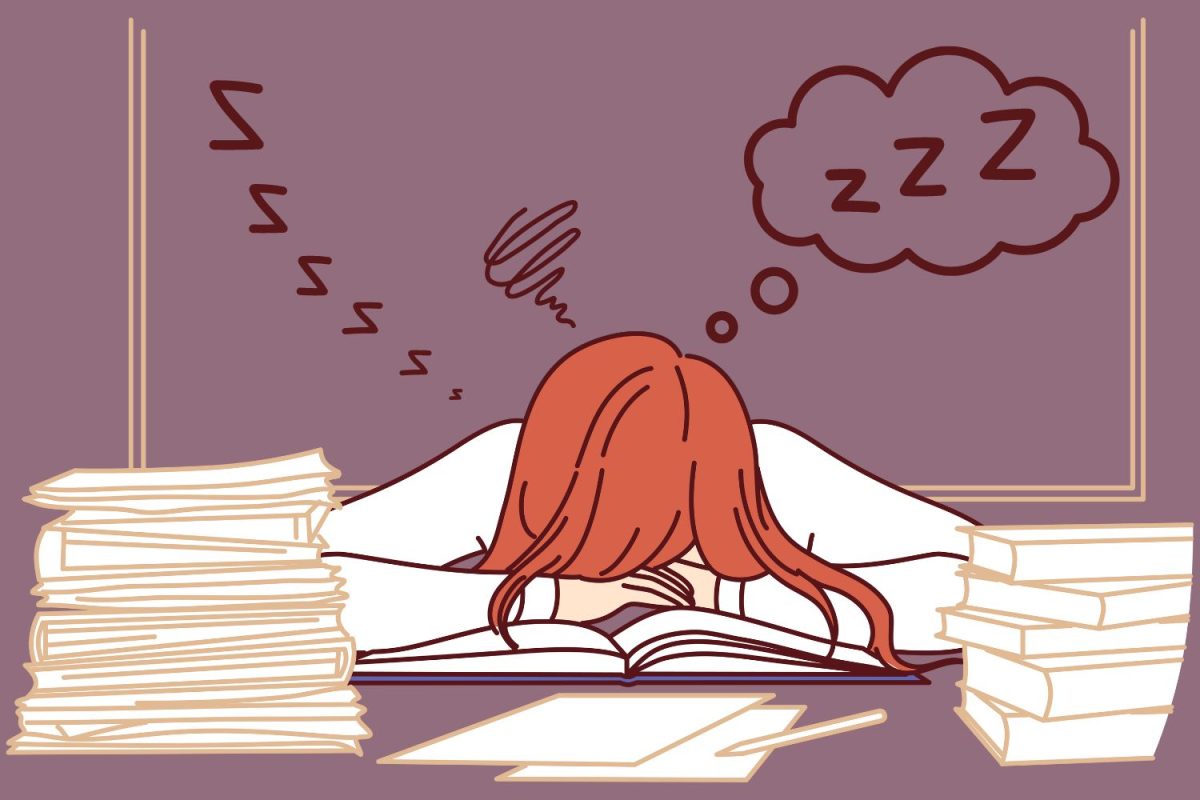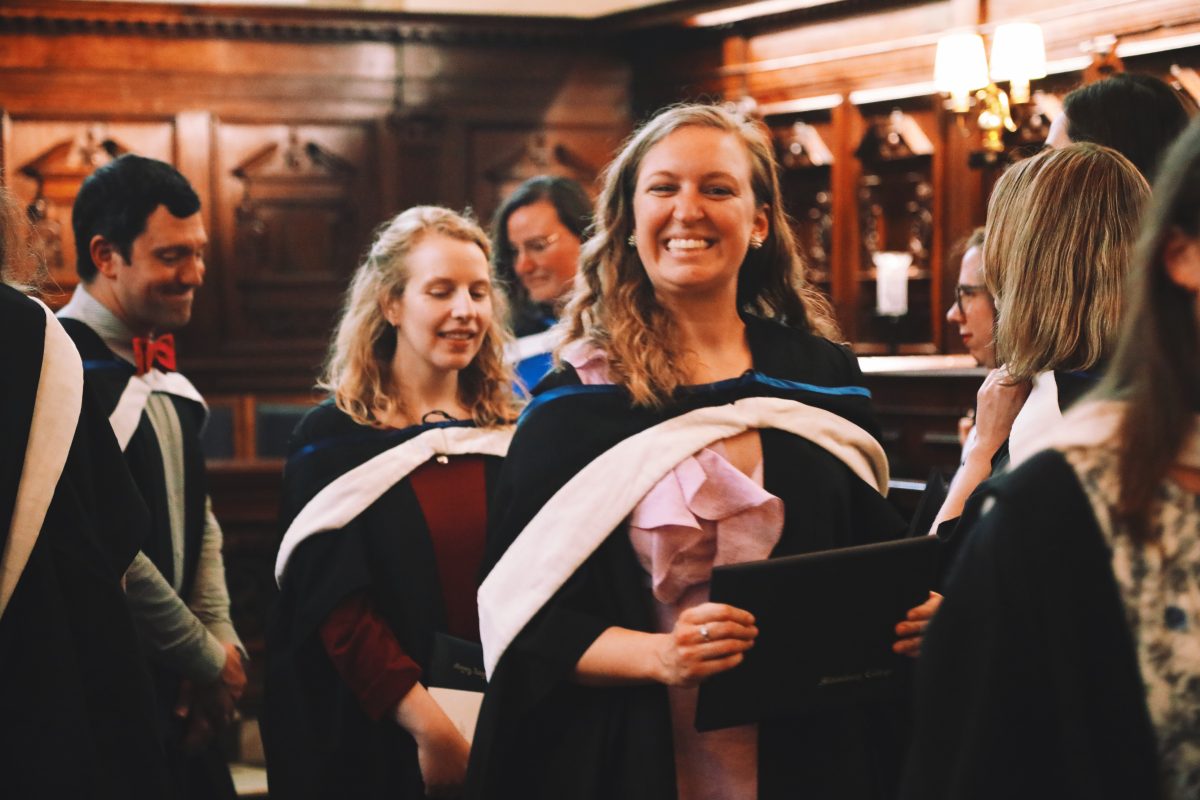For students in Specific Learning Differences program, learning a second language is deemed avertable for several years, and specified language courses are implemented later in the program. However, many of the students involved in this program have noticed a deficiency in their education.
SLD students are introduced to a second language in a different way from non-SLD students, as they are not required to take a language in Grades 5, 6, and 7. Often, Grade 8 is an SLD student’s first exposure to a language class. Even then, they take a Foundations course in the language specifically catered to their needs. Students in the Foundations classes often demonstrate a wide variety of skill levels, but the course is treated as a normal academic class. Only in special cases, such as a student who is already proficient in another language, is a student not assigned to a Foundations course.
Although it is a specialty class created for SLD students, HS World Language and Culture Teacher Mario Rojas, who has taught the Foundations course for the past two years, believes there is little difference between the Spanish courses. “Overall, my teaching philosophy is that every student has learning differences, so SLD is a general label,” he said. “I don’t really believe in labels and drawing attention to something they think of as a deficiency.”
Rojas believes differentiation of teaching techniques, rather than focusing solely on certain methods such as visual or auditory learning is the most effective way to teach a group of students with diverse learning styles. He said, “when I would assign homework I [would] give two or three possible assignments.” in order to address all of the students learning requirements.
Rojas emphasized that the course’s textbook and curriculum are chosen to mirror one that students will experience later, despite being more activity-based rather than grammar-based like a normal Language class.
Ryan Nealis (’17), who is enrolled in the SLD program, had his first experience of a foreign language in school through a Foundations class in the Grade 8, and found it more beneficial than detrimental. “A language would have made my academic year more difficult in the fifth and sixth grade and SLD gave me the support I needed,” Nealis said.
However, some SLD students have found that the lack of a language course before Grade 8 leads to serious repercussions for them. “I do think that there are questions that are raised,” Rojas said, concerning SLD students being exposed to a language so late.
Furthermore, Rojas thinks that if some sort of a learning difference is identified early on, there are still ways of practicing a foreign language without excluding it all together.
Rojas observes that students are often missing important themes that return in future language classes. “Those few years could be valuable with no interruption,” Rojas said. “[the students] could become much more comfortable.”
Additionally, for many it is a difficult transition to go through years of minimal exposure to a language, and then enter a mainstream course. “Students taken out of a language for three years, who are then put back in can find it shocking,” Rojas said.
World Language and Culture Department Head Lanting Xu is of the opinion that students with or without learning differences should have the ability to take a second language. “I look at language learning as mental discipline and I think lots of SLD students who might be struggling with organization skills might benefit from learning a second language,” she said. To her knowledge, the only reason SLD students do not take a language is because of scheduling.
Aidan Gazidis (’17) took Spanish Foundations last year. Unlike most SLD students, Gazidis had been taking Spanish all through Middle School, only joining the SLD program in Grade 8.
However, despite his previous Spanish courses, Gazidis was still required to take this introductory level course. “I felt very advanced for the class,” he said. “I had done Spanish for six years previously, [but] by the second semester, I had pretty much forgotten everything and I was back to square one.”
For Gazidis, taking this Foundations course was the first time any measures had been taken to accommodate his learning differences in the language department. He firmly believes that more steps need to be taken in High School to help SLD students learn a language.
The language department has other means of accommodating SLD students. “The department has emphasized differentiated instruction and the teachers have systematically offered extra help and accommodation to students with learning differences.” Xu said.
Now in high school, Gazidis can reflect on the impact that Spanish Foundations had on his current ability. “I was put in Spanish 1A [at the beginning of High School] and this was too difficult, even after Spanish Foundations, because I felt I had forgotten the six years of Spanish I learned before Spanish Foundations,” he said.
Xu acknowledged that the way SLD students are taught a second language has evolved over the years, and admits that the process is still open to change. “I want SLD students to know that we are there to help, and that we don’t look at these learning differences as some kind of disability but rather something that is different,” she said. “Teachers and students need to work together to develop different learning strategies so this group of students can learn as efficiently and effectively as anyone else.
“This year, [administrators] are working in the direction of providing more opportunities for SLD students to take world language classes.” Xu said. Teaching methods are also being reviewed, in order to make the classes more accommodating for SLD students.
The new mentality about how to approach these issues is that learning ability should not affect when or what students learn, but rather how they learn.
tyler_skow@asl.org








